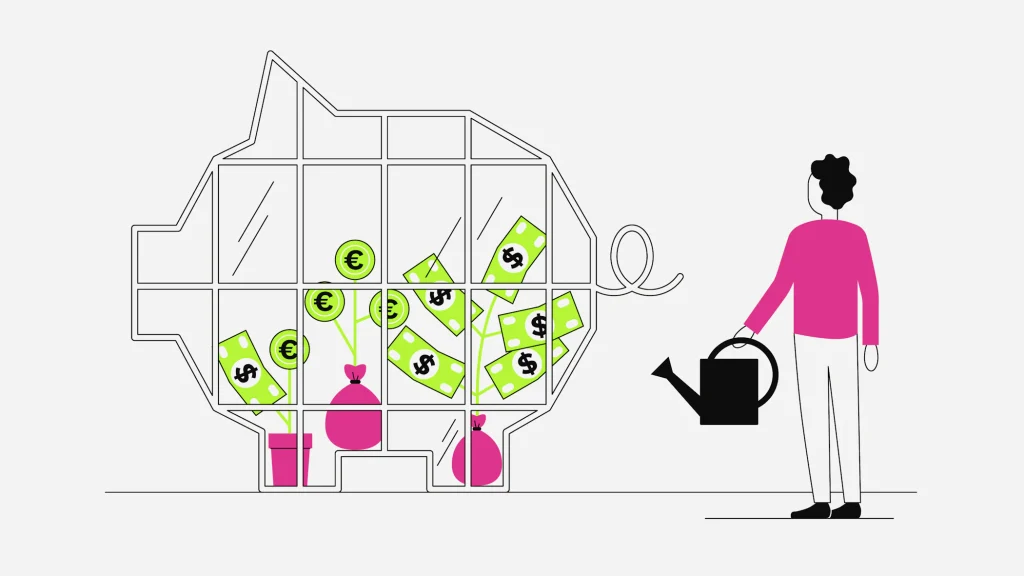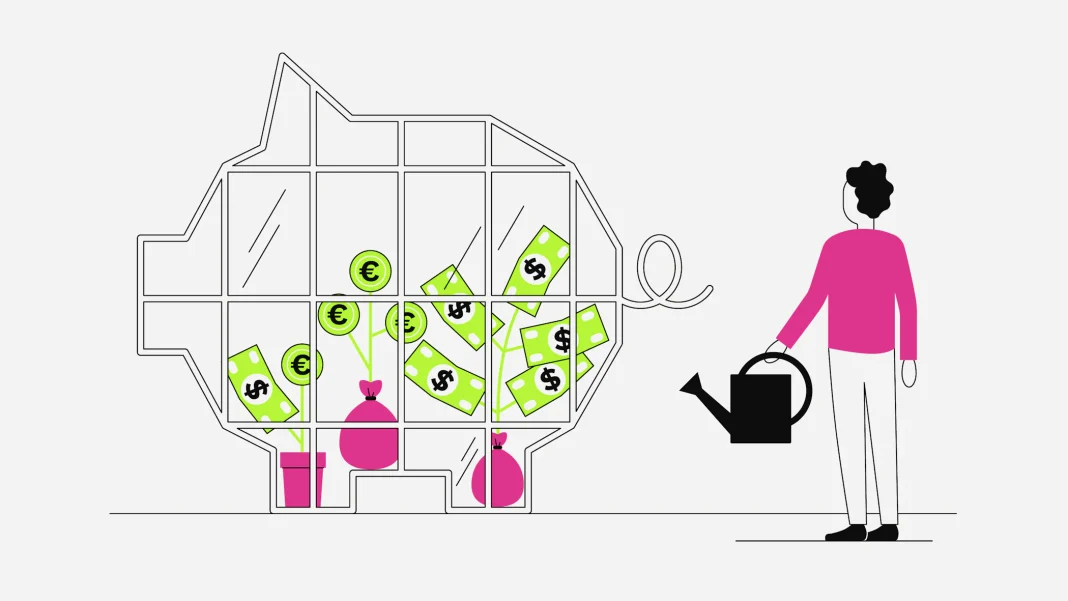
During my younger years, I failed to see the allure of certificates of deposit (CDs). It seemed you just locked away your money, received a minuscule interest rate, and then after a certain period, you got a bit more than your initial amount.
However, as I matured, I began to recognize the significance of accounts that guarantee the principal while also earning interest. High-yield savings accounts top the list, but CDs follow closely, especially if you can spare your funds for a while. CDs have the advantage of ensuring your principal amount, being FDIC insured, and offering a risk-free platform.
Further investigation revealed there’s more to CDs than meets the eye, beyond just the interest rates.
Here’s a comparison of some bank CD rates:
| Bank | Min. Deposit | 12-Month APY | 36-Month APY | 60-Month APY |
|---|---|---|---|---|
| Western Alliance Bank | $1 Member FDIC | 5.51% APY | ||
Barclays Online CD | $0 Member FDIC | 5.00% APY | 4.30% APY | 4.50% APY |
| Axos Bank | $500 Member FDIC | 4.75% APY | 2.85% APY (18 Month) | |
| Ally Bank CD | $0 Member FDIC | 4.85% APY | 4.25% APY | 4.10% APY |
| Discover Bank CD | $2,500 Member FDIC | 4.85% APY | 4.30% APY | 4.00% APY |
| CIT Bank CD | $1,000 Member FDIC | 0.30% APY | 0.40% APY | 0.50% APY |
| Axos Bank CD | $1,000 Member FDIC | 0.20% APY | 0.20% APY | 0.20% APY |
Tips for Selecting a Good CD
Understanding CDs is straightforward. Longer-term CDs generally offer higher interest rates. Traditional brick-and-mortar banks often can’t match the rates provided by online counterparts. It’s wise to choose a suitable term length and then select an online bank that offers that maturity.
Rates as of August 2023 indicate that typically, the extended the term, the more attractive the interest rate. However, it’s startling to see the vast difference in rates between online and physical banks, making one wonder why some still provide CDs.
Minimum Deposits & Interest Rate Brackets
Online banks usually set a minimum deposit benchmark of $1, and this rate applies equally to both small and large CDs. Physical banks often modify the interest rate depending on your deposit amount, with significant deposits required for better rates.
Early Withdrawal Charges
One crucial distinguishing factor among banks, aside from interest rates, is the penalty for early withdrawal. This penalty is levied if you decide to break your CD before its end date. Though you can always opt to pull out your funds, you might end up forfeiting some or all of the interest earned.
Different banks have various penalty structures based on the CD’s duration, with banks like Ally offering comparatively lower penalties than others.
Diverse CD Options
While the conventional CD requires a deposit, which then earns interest until it matures, some banks have introduced CDs with added perks.
Ally Bank, for instance, provides:
- High Yield CD: Their version of the standard CD.
- Raise Your Rate CD: For those wary about locked-in rates, these CDs allow a bump in interest if rates go up.
- No Penalty CD: Provides the flexibility of no penalty for early withdrawal, but usually at a unique maturity and slightly reduced interest rate.
Renewal Bonuses
Ally Bank has introduced a “Loyalty Reward.” If you renew your CD with them, they enhance your interest rate marginally. For instance, in February 2018, this increase was 0.05% APY.
Understanding these nuances ensures you are well-prepared to navigate the world of CDs.




